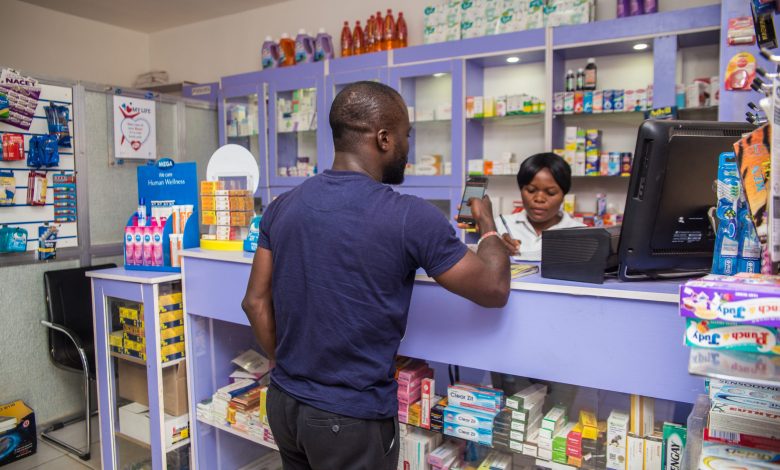
In the wake of GlaxoSmithKline’s (GSK) departure from Nigeria, the nation’s pharmaceutical sector is embroiled in a crisis, grappling with severe challenges impacting drug availability and affordability.
ThisDay reports that GSK’s decision to cease operations in Nigeria after over five decades, a move that seemingly transcends mere historical business performance, has triggered a chain reaction in the healthcare landscape.
According to the report, the fallout has led to a surge in drug prices, shortages of vital medications, and an alarming influx of counterfeit pharmaceuticals.
The aftermath of GSK’s departure, marked by economic pressures and anticipated market struggles, has struck the heart of Nigeria’s healthcare system.
Reports indicate a stark increase in the costs of essential drugs, leading to immense burdens on the populace, especially low and middle-income families.
The vacuum left by GSK’s absence, renowned for its quality products such as Theraflu, Neosporin, Panadol, Sensodyne, Advair, and more, has been deeply felt.
Experts predicted and now witness a reduction in people’s access to safe and potent medications, amplified drug costs, and a concerning rise in fake drugs infiltrating the market..
In a recent media interview, the Chief Executive Officer and co-founder of Remedial Health, a drug distribution company in Lagos, Samuel Okuwada, stated that the average price of imported drugs has increased by 200 per cent. In comparison, those manufactured in Nigeria also rose by about 40 per cent in the past six months.
He says, “Augmentin is the most popular antibiotic that’s given out in Nigeria today. It was once sold for N4,000 per pack; then it became N6,000 per pack. Now it is N40,000 if you can find it to buy.
“Also, Ventolin inhalers for asthmatics are no longer on the market today. People have tried its other brands; for some people, it works, and they’re fine. For some others, it doesn’t.
“Seretide inhaler, also for asthmatics, is not in the market as well. Its price also went from about N8,000 to about N75,000, and now you can’t even find it in the market. Now, for most people who use Seretide, nothing else will work for them. Now doctors are trying to find different drug combinations to give them; and for some people, this combination is just not working to control their asthma.
“For diabetics, spend about N40,000 buying the medications they need. So, these are the issues: many medicines are out of stock, and a number are unaffordable to the common man. N40,000 is more than Nigeria’s minimum wage. We are in this terrible situation.
“Otrivin nasal drops which used to be sold for N1,000, are now sold between N4,500 and N9,000. Voltaren tablets which used to be between N100 to N500 per pack are now sold for between N2,500 and N10,000.
“Today, 85 per cent of the medicines that we sell to Nigerians are imported in ready-to-sell form. The ingredient used to manufacture the remaining 15 per cent in Nigeria is imported.
“So, everything we consume in terms of medicines is imported. It means everything depends on the dollar exchange rate. It also relies on the price of shipping at the time.”
The underlying issues plaguing the pharmaceutical sector go beyond GSK’s exit. Labelled as the ‘Pharmaceutical Disease,’ the crisis is attributed to an overreliance on imports, currency fluctuations impacting pricing, inflation, high taxation, energy costs, and fiscal challenges.
Notable voices in the industry propose multifaceted solutions. Suggestions include the establishment of a specialized ‘Bank of Health’ to address sector-specific financial challenges, short-term strategies involving emergency imports, and collaborations between local and international drug manufacturers.
Long-term goals aim to enhance local drug production while fostering global partnerships gradually.
The crisis has spurred calls for urgent government intervention, industry collaboration, strategic planning, financial reforms, and an emphasis on local manufacturing and education.
